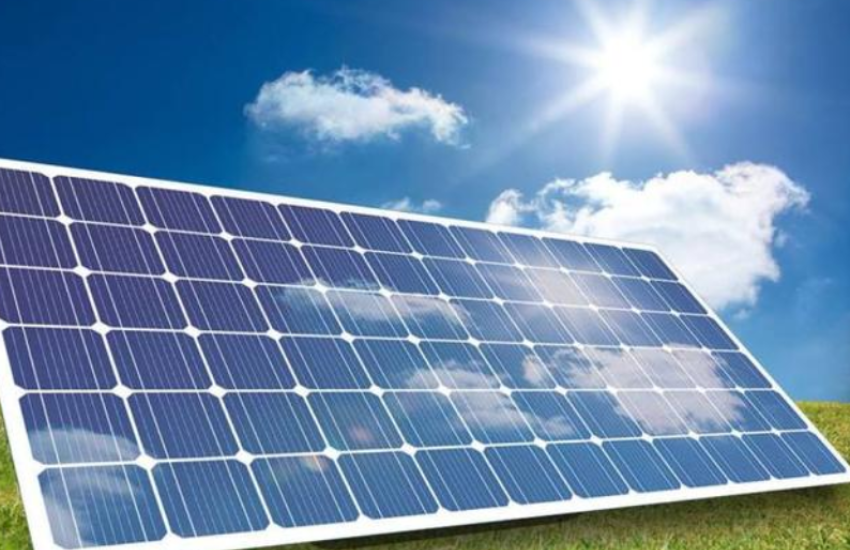Do solar panels work on cloudy days? What about at night?
Solar panels allow you to harness the sun's clean, renewable energy, reducing electricity bills and environmental pollution. But do solar panels work during cloudy and low-sun seasons? For those living in homes with shaded sun, this is a key question to consider before moving on to solar panels.
In this article, we'll discuss how solar panels work on cloudy days, whether solar panels work at night, and how to make sure you always have electricity available—even if your panels aren't producing solar energy.
How solar panels work on cloudy days?
Photovoltaic (PV) solar panels can use sunlight directly and indirectly to generate electricity. This means they can still work efficiently even with cloud coverage. Having said that, solar panels are most efficient and produce the most electricity when they absorb direct sunlight on a sunny day.
Although the light is reflected or partially blocked by clouds, solar panels will still work, but their ability to generate electricity will be diminished. On average, solar panels can only produce 10% to 25% of their normal output during cloud cover time.
Clouds often accompany rain, and there's one fact that might surprise you: Rain actually helps solar panels work more efficiently. This is because the rain washes away any dirt or dust that collects on the panels so they can absorb sunlight more efficiently.
Do solar panels work at night?
While solar panels can still work on cloudy days, they won't work at night. The reason is simple: solar panels work on a principle called the photovoltaic effect, in which solar cells are activated by sunlight, producing an electrical current. Without light, the photovoltaic effect cannot be triggered, and electricity cannot be produced.
One way to tell if your panels are still producing energy is to look at public lights. As a general rule of thumb, if street lights or other lights are turned off -- whether it's overcast or at night -- your solar panels will produce energy. If they're lit, they're probably too dark for your solar panel system to work properly.
Store solar energy for cloudy days and nights
During peak sunshine hours, your solar panels may actually be producing more electricity than you need. This excess power can be used to provide extra power on cloudy days or at night. But how do you store this energy for future use? There are several options to consider:
You can store excess energy in a battery.
When you add batteries to a residential solar installation, any excess power can be collected and used during times when the sun isn't shining, including at night and in particularly cloudy weather.
Batteries allow you to run your solar PV system throughout the day, but there are some disadvantages of battery storage to be aware of:
1. This is another thing you need to install.
2. It adds to the total cost of your solar system.
3. The battery will take up some space.
4. If you need more than a few hours of power, you may need multiple batteries.




